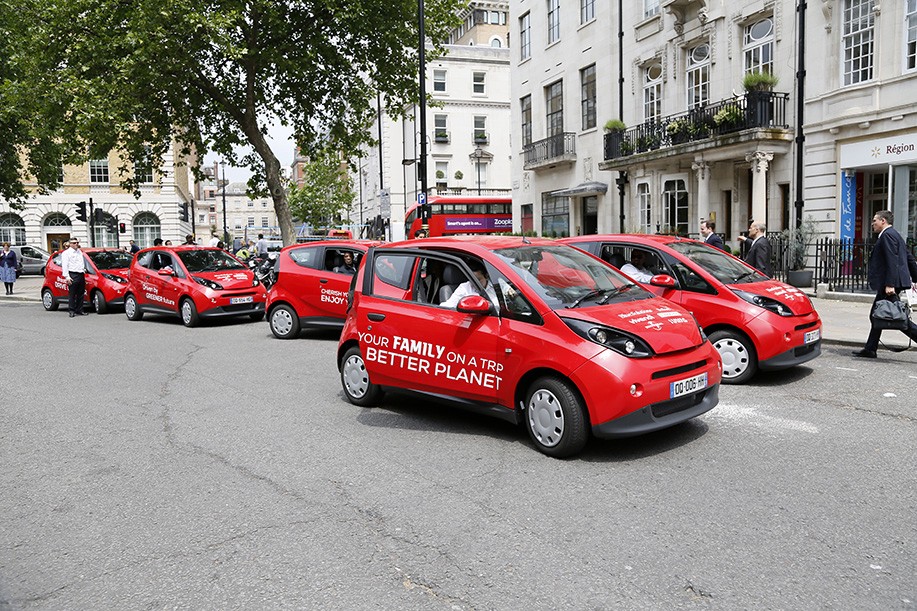The U.K. government is planning to ban all petrol and diesel powered cars by 2040. But growing market demand for electric cars may render that deadline irrelevant.
Falling costs mean electric vehicles may undercut conventional vehicles by as early as 2025 in the U.S. and Europe. Electric vehicle ownership is expected to match conventional cars by the early 2020s. The price of batteries, currently the biggest cost factor in electric cars, could fall by 77% by 2030, fueling widespread affordability (pun intended!).
Considering the direction of the market, eliminating conventional cars by 2040 may not be much of a stretch. Critics panned the announcement by Prime Minister Theresa May’s government as a “smokescreen” and “too little too late” on emissions reduction.
The U.K. is suffering from serious air-quality issues: 60% of Britons are regularly exposed to levels of air pollution that threaten their health. The government has earmarked £3 billion to improve it. £225 million of that will be channeled into municipalities to clean up pollution from diesel vehicles. (The country allocated an additional £1 billion for an Industrial Strategy Challenge Fund, which will support battery research and development among other initiatives.)
Other countries with equally bad or worse air pollution conditions have charted more ambitious plans to combat air quality through the vehicle market.
India, for example, has set an ambitious goal to replace conventional vehicles with electric vehicles by 2030, 10 years earlier than the U.K’s goal and with more than five times the number of vehicles.
While the rate of vehicle ownership is much lower in India, the country has 200 million registered vehicles, compared to 37.5 million in the U.K.











